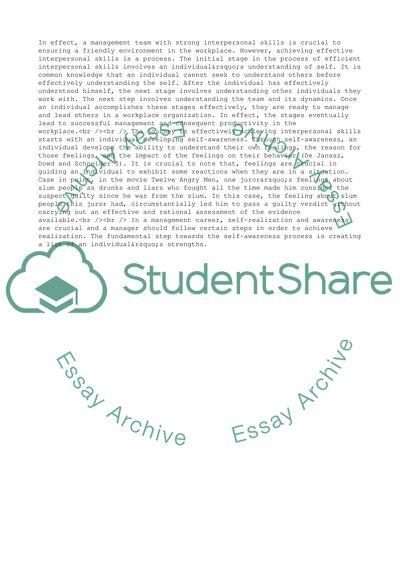Cite this document
(Interpersonal Skills in an Organization Term Paper, n.d.)
Interpersonal Skills in an Organization Term Paper. Retrieved from https://studentshare.org/management/1584652-management-3000
Interpersonal Skills in an Organization Term Paper. Retrieved from https://studentshare.org/management/1584652-management-3000
(Interpersonal Skills in an Organization Term Paper)
Interpersonal Skills in an Organization Term Paper. https://studentshare.org/management/1584652-management-3000.
Interpersonal Skills in an Organization Term Paper. https://studentshare.org/management/1584652-management-3000.
“Interpersonal Skills in an Organization Term Paper”. https://studentshare.org/management/1584652-management-3000.


